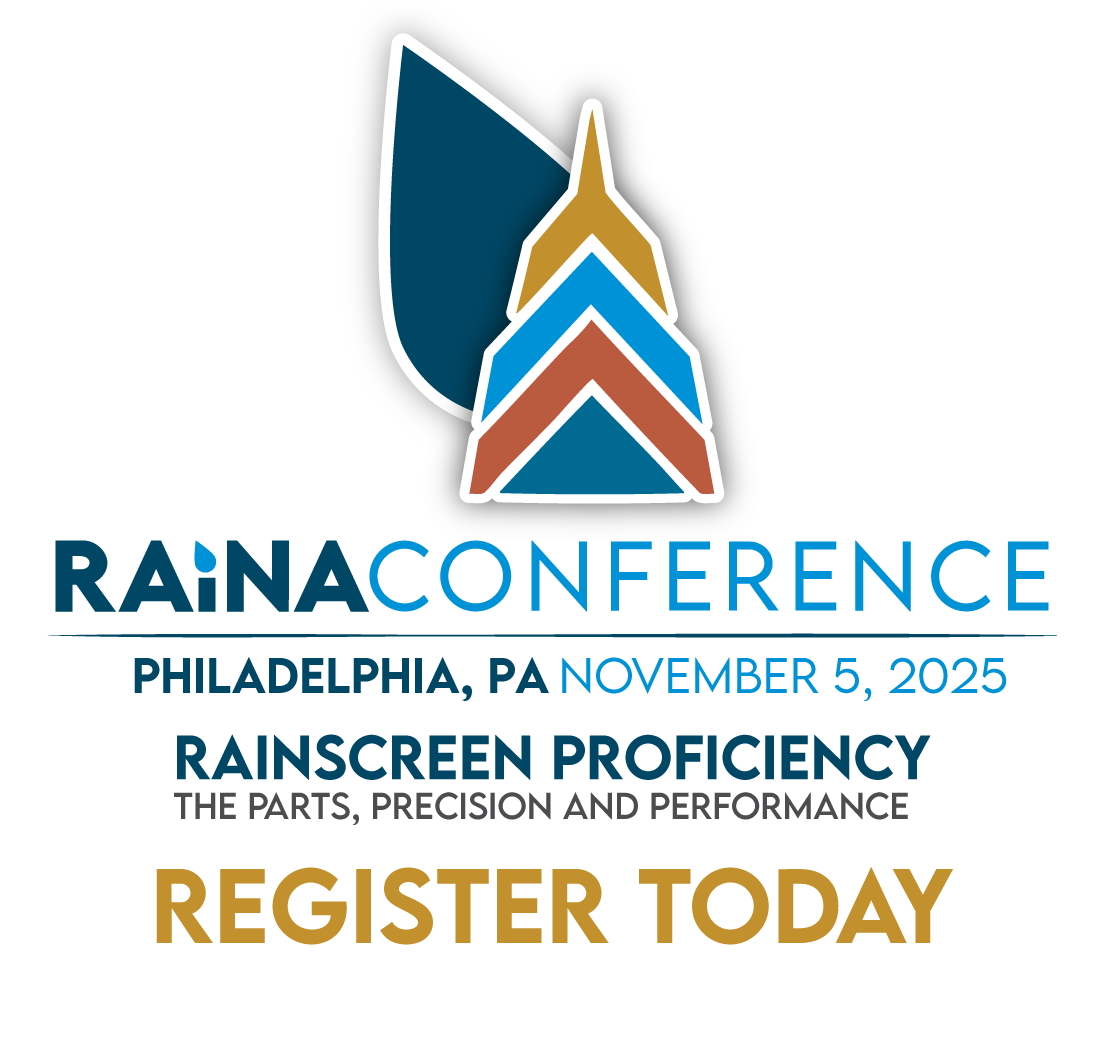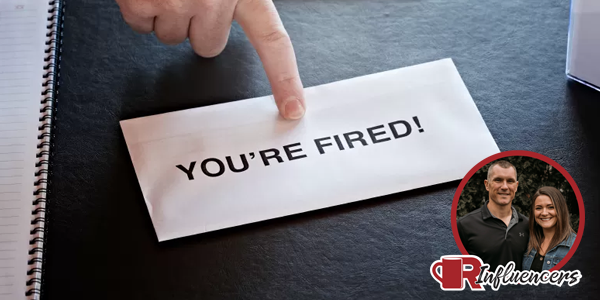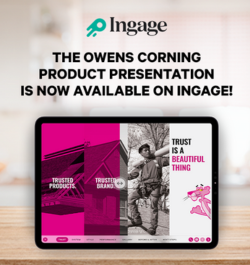Understand the Client’s Perspective Before Cutting Ties With Them

RCS Influencer Danny Kerr says setting expectations with a bad client can possibly save your project.
Editor’s note: The following consists of a conversation between RCS Multi-media Manager, Megan Ellsworth, and Breakthrough Academy’s Director of Assessment Danny Kerr. You can listen to the podcast or read the transcript below.
Megan Ellsworth: Back again. Hello. My name is Megan Ellsworth here at Rooferscoffeeshop.com and we are recording an influencer response today with Danny Kerr of Breakthrough Academy. Hi Danny.
Danny Kerr: Hey, how's it going?
Megan Ellsworth: Doing good. I'm excited to hear what you have to say on this topic. This month's question is how do you fire a client that is bad for your business? So take it away from here.
Danny Kerr: Sure. Last, when we talked about employees and addressing issues there, I think if you reference that talk quick, I talked a little bit about how to have a good conflict first. So I would say the same thing with your customer. So it's take time to seek first to understand what's really going on in their end, so you can actually take time to seek, to be understood from them.
Once that's done, I would highly recommend you set out a list of expectations moving forward, the rules of engagement. Now best practice would be do this during the sale when the contract's being signed and you lead to less problems later. But if you're in the situation where, things have just gone off the rails, we're mid project. You need to have an expectations meeting with them, where you go over and you say, "Clearly, I want to do your project. I want to be able to get this done on time and on budget and you seem to want the same thing, but we can't get on the same page. Here's a list of things I need to be able to continue to do this properly for you. And either we can come to an agreement today on these things, or I can't continue to do this project."
And be very clear about that. And it's not a threat. It's not an "I'm out now." It's, "I'm willing to give this a chance, but these are the things that I need to be able to do this properly. And if we can agree on this, then we can continue. And if we can't agree on this, then I don't think we can continue." And let them know that those are the stakes that are on the table.
If going through that with them, there's an agreement met and it seems like, we actually may be able to move forward, then away you go. If you can't, then the relationship ends, but it's now not just on you saying, "Hey, I'm ending this." It's their decision, because they're saying, "I don't agree to these things." And it's like, "Well then we can't do this. This is your choice."
Now on the flip side, if it does work out, you continue the project. Now there's a set of things that you can say, "These are the expectations we've talked about. And if you can uphold these," and if they can't uphold these, then now you have a reason to exit the relationship. And they don't have to feel as left high and dry. It's "You know what? You chose to not follow what we agreed upon."
Megan Ellsworth: Absolutely. So question. What are some of the parameters for you? And Breakthrough Academy? When do you know that this isn't the fit? What are some boundaries that you set for Breakthrough Academy?
Danny Kerr: I think a big one for us is active participation. You need to be in the meetings regularly. You need to be doing the work outside of the meetings, so you actually get your implementation stuff done. And if you're just not participating or you're not doing any of the work and you're just showing up for meetings and moon bonding and talking about the issues, but not working on them, that's a big issue. That's something needs to be addressed.
I think that we need to be perceived quasi as almost somebody's boss in a way. So we need to have the authority to be able to call them out and to be able to say, "This is what needs to be fixed and you need to move on these things." And if they feel opposite where it's like, "I need to be your boss and tell you what to do for me." That's an issue. We can't make change in an organization when the owner of that company, who's not used to having a boss, isn't taking direction well and is actually turning the table. So they need to see us as the authority, which is a big one.
And I think another big one is they need to be open. They need to be willing to share what's really going on in their company with other members. They need to be willing to hear what other members are saying about their business and take it in as constructive feedback and keep what I call introspection. Keep a good introspective mindset, as they're working with other members. So it's do the work, show up, be open, and work with your coach and be willing to be led a little bit by your coach. And stay introspective with other members to make sure you're giving and receiving and sharing openly.
Megan Ellsworth: Wow. Yeah. Well said. Any last tidbits of wisdom for a contractor out there that has to fire a client?
Danny Kerr: No, I would just say it can be a very healthy thing to do. Sometimes we fear, what are they going to say about us online? Or, I need this revenue or sometimes the best things you can do is just clear the calendar for the things that matter, because you'll have more space for that now. But make sure you're tactful in it. And that you don't come in raging and leave them high and dry. Give them a chance, set expectations properly with them. If they can adhere to those expectations, at least the ball's more in their court than on yours.
Megan Ellsworth: Well said. Great, Danny. Awesome. This has been great chatting with you and we'll get to do this again in June.
Danny Kerr: Yes. Thanks Megan.
Megan Ellsworth: Thanks.
Danny Kerr is the director of assessment of Breakthrough Academy. See his full bio here.























Comments
Leave a Reply
Have an account? Login to leave a comment!
Sign In